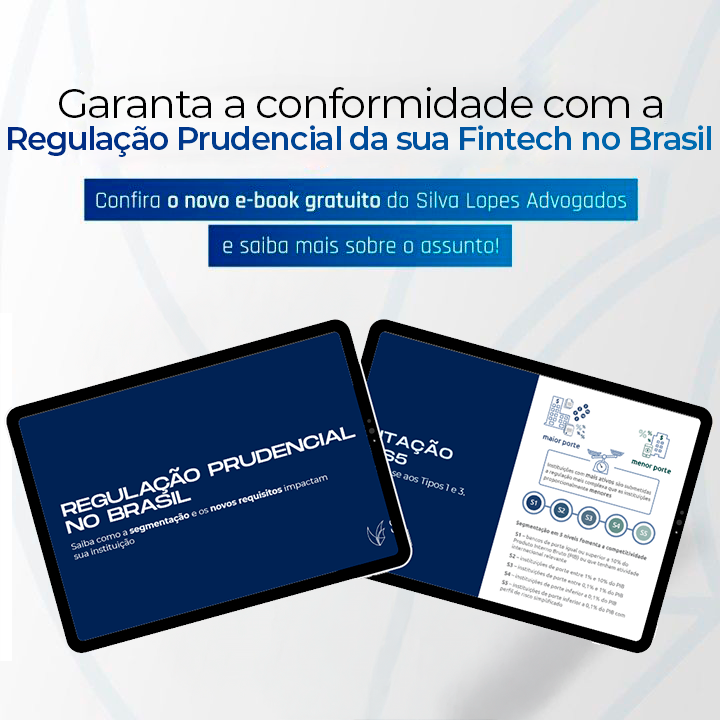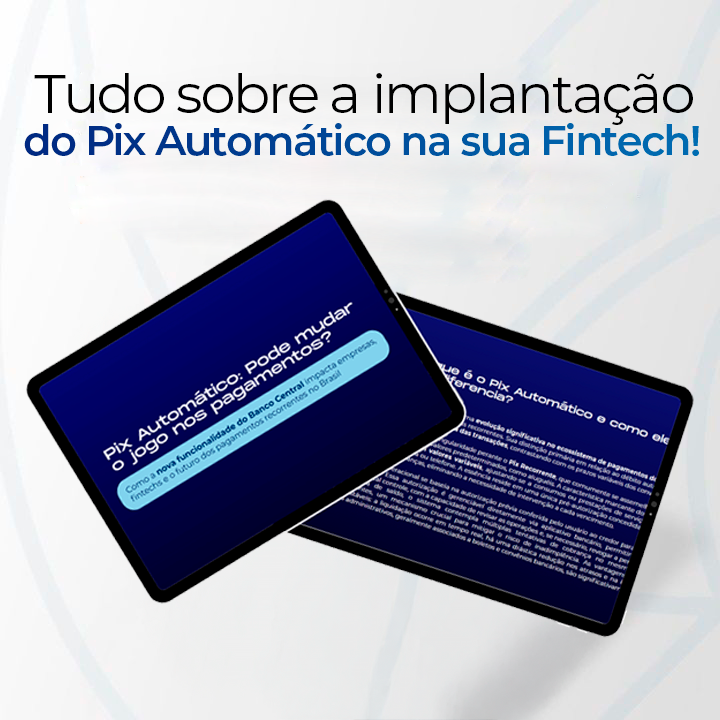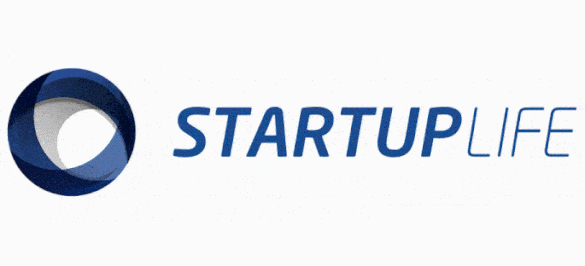By Victoria Goldenfum and Layon Lopes*
To understand Copyright law in Brazil, we need to analyze its application as one of the three branches of the Brazilian intellectual property law, which is divided into: (i) Copyrights (moral, patrimonial, related rights and computer programs); (ii) industrial property (trademarks, patents, industrial designs and geographical indications); and (iii) sui generis protection, (cultivars protection, circuit topography and traditional knowledge).
Copyright in Brazil is a legal system that protects an immaterial property. In other words, it protects an artistic manifestation of an intellectual production.
Besides this, in order to perceive Copyright law in Brazil, from the perspective of protecting a startup’s commercial activity, it is necessary to analyze the legal bounds established with its collaborators and/or employees, who work with authorial production, such as, but not restricted to: product design, logotype creation, texts for websites, blog writers, e-book production, as well as digital illustrations, email marketing designs, photographs, music, software development and other authorial productions that are also covered by the Brazilian authorial law.
Regarding software protection, the characteristics of this immaterial asset are quite extensive, therefore a specific study is needed. For this reason, we indicate reading an article published right here on our website, where we highlight some of the most important software protection characteristics.
It is necessary to clarify that the Copyright Law in Brazil has a strong influence of the French authorial law system, known as “Droit d’Auteur”. Although, considering Brazil’s adherence to intellectual property international treaties such as TRIPS (Trade-Related Aspects of Intellectual Property Rights), WPPT (WIPO Performances and Phonograms Treaty) and WCT (World Intellectual Property Organization Copyright Treaty), this has lead Brazilian intellectual property system to be influenced by the Copyright system, which arose from the Common Law, to cause an internal adaptation of our justice system throughout the years. For this reason, Copyright protection in Brazil is different from some other countries around the world, considering the two-system influence, Common Law and French law.
Due to the peculiarities of Brazilian Copyright system, every entrepreneur who desires to start a business in Brazil must be aware of the aspects that we are going to express in the current article.
Copyright in Brazil has its own regulation through the Law 9.610/98 (Copyright Law). Besides this, it is constitutionally protected through Art. 5 XXVII of our Constitution. This means that the Copyright protection in Brazil has strong applicability, and the legal means available to enforce these protected rights are fully respected in national courts.
Following the stipulations of Copyright Law, Art. 7, an intellectual work can be delimited as a creative production, expressed by any known mean or to any mean to be invented in the future.
Furthermore, the Brazilian law establishes that only individuals can be authors of an intellectual work. It also enables the existence of co-authorship, since it is carried out by human beings with the capacity for intellectual elaboration derived from creativity and originality.
The economic dimension of Copyright in Brazil is one of the main perspectives that an author or any other party that has economic exploitation rights related, has to manage with mastery.
Another interesting aspect is the fact that an intellectual work can be fixed both in tangible, physical format, as well as in intangible format, such as digital publications on social media and websites. For this reason, every startup must formalize the economic exploitation rights of the Copyright work to avoid any indemnities claiming for improper use.
In addition, the Brazilian Copyright law establishes that an author does not require prior registration to prove the authorship or ownership over an authorial work, as occurs with industrial property rights, such as the trademarks or patents. The only requirement is that the author must exteriorize the work.
In other words, an individual is only considered an author when he or she publicizes the existence of the work.
Another great and main characteristic of Copyright law in Brazil falls on two major dimensions: (i) moral Copyright and (ii) patrimonial Copyright and related rights.
Moral rights refer to the author’s personality in the work, linking in an inalienable way, the author with the work. This means that an author will never dispose of the production creation role. Strictly speaking, the moral rights are inalienable and imprescriptible, as they cannot be transferred to another person, and as it is perpetuated in time even after the author’s death.
Patrimonial rights regularize the economic return arising from the intellectual work exploitation, which can occur through the following work use: reproduction, editing, adaptation, translation, distribution, among others.
Contrarily, the patrimonial rights work in different perspectives, and the main one is that this right can be disposed of to third parties, indeed, being possible to transfer the rights to legal entities.
Here lies the main characteristic of the relationship between startups and their employees who are authors of intellectual productions made for a company due to the labor relationship.
It is important that in all cases, the startup signs a contract with this employee, with the disposal of the economic exploitation rights in full, about the authorial work production. This deal must contain the economic exploitation means (where and why it will be exploited), the exploitation period, which can be, for example, during the total term of the Copyright exploitation, until it becomes public domain (under Brazilian law, the term is seventy years after the publication of the work).
Thus, one of the most indicated Copyright protection measures for startups is to sign a Copyright Assignment Term with employees or service providers who work in the company to regularize the patrimonial rights, disposing the exploitation rights in favor of the company.
Furthermore, the disposal of patrimonial rights can be formalized through sole clauses in other contracts, not only by a specific Term, but it can also be used inside other legal instruments, being a device adaptable to various legal relationships.
Once the patrimonial rights are formalized, the startup will be able to legally enjoy the economic fruits of these Copyright productions in a safe manner. But in any case, it must be made clear that the author’s moral rights will remain in effect.
This detail strengthens the need to quote the name of the author’s work when it is published by the startup in any means, except in cases where the contractual provisions are signed with a clause in which the author authorizes the publication without his or her name (being a negotiable possibility also).
* Layon Lopes is the CEO of Silva | Lopes and Victoria Goldenfum is a member of the Silva | Lopes team.











